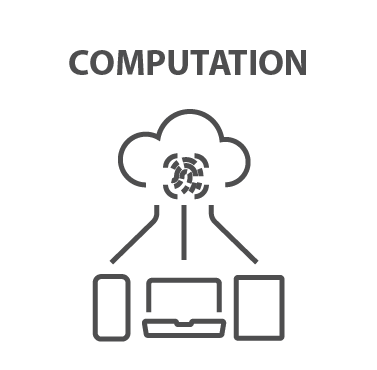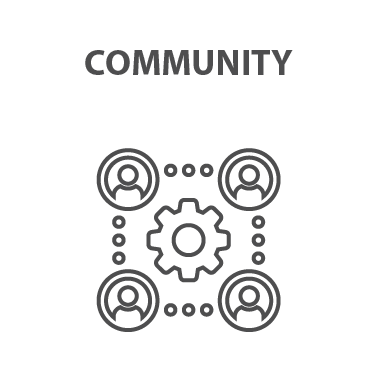JupyterHealth leverages its expertise across four pivotal domains, ensuring a comprehensive and integrated approach to healthcare data management and analysis. Each domain is designed to empower researchers, clinicians, and data scientists with the tools they need to excel in their fields. Our platform is inherently modular, allowing organizations to either deploy full stack or select individual components based on their specific requirements. Learn more about JupyterHealth Modular Platform

- Data Ingestion: Integrate data from wearable devices, electronic health records, and other key health data sources.
- Secure Data Management: Implementing robust identification, authentication, and authorization practices to ensure controlled and compliant access to health data.
- Standardization for Interoperability: Aligning with HL7 FHIR and IEEE/Open mHealth standards to facilitate seamless data integration and integrity across various systems.

- Container-Friendly Deployment: Utilizing modern container technologies like for scalable, flexible deployments—whether on-premises or in the cloud.
- Optimized Data Processing: Efficient data handling mechanisms that support extensive data analysis tasks, reducing processing times and enhancing computational efficiency.

- Versatile Tool Integration: Supporting a variety of computational tools and interfaces, such as Jupyter Notebook, Jupyter Lab, Viola, and more, tailored to meet the diverse needs of the healthcare community.
- Customization and Usability: Offering user-friendly interfaces and customizable environments that cater to specific user requirements, from clinical researchers to data scientists.

- Collaborative Ecosystem: Building a supportive community that encourages sharing, innovation, and collective problem-solving among healthcare professionals, researchers, and technology developers.
- Engagement and Support: Providing platforms for discussion, resource sharing, and continuous learning, enabling users to stay at the forefront of healthcare technology.